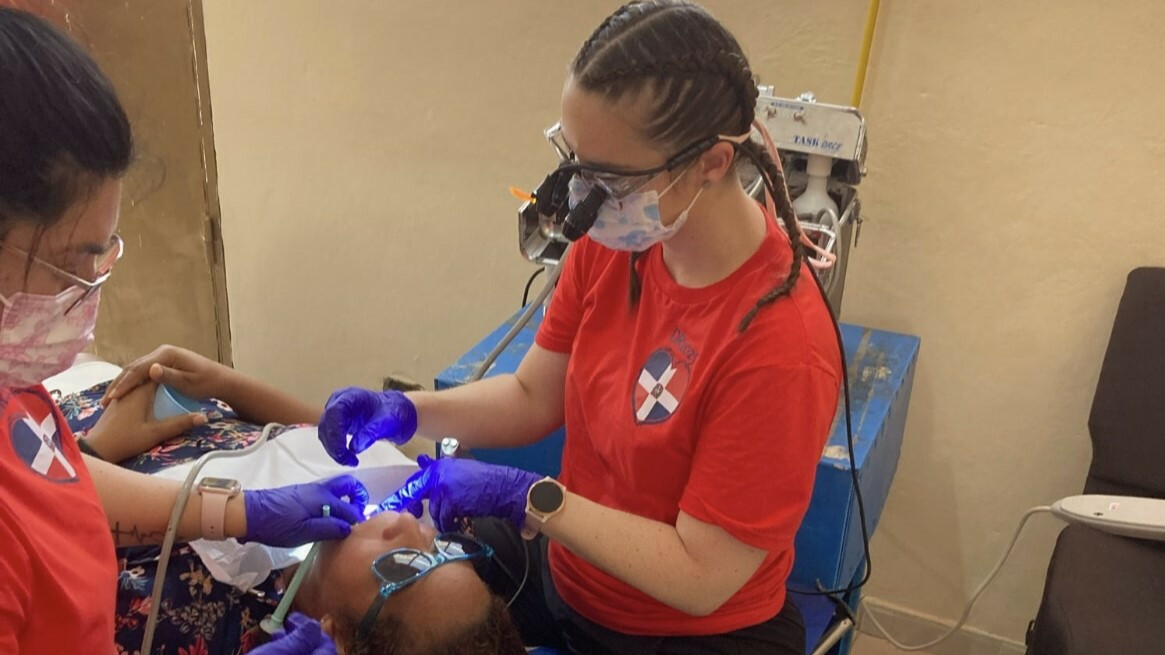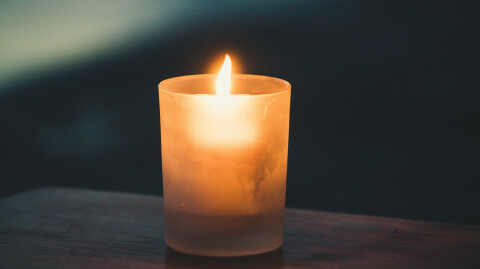TLDR: She said, “I never knew I was beautiful,” while her tears flowed freely down her exhausted face. Read on for a Dominican Republic mission journal.
She had been trained not to smile since she was a child. Her friends and family nicknamed her “rock biter” when she was little and the name stuck in her mind. The problem, she willingly tells you, was poor dental hygiene when she was a child. This was just not a priority in the long list of priorities her mother had to worry about. She has lived at this sugar cane Batey since her family moved to the Dominican Republic from Haiti when she was a child. She has remained single, caring for her elderly mother at the village. She has not dated in years, and she is shy and awkward. She covers her mouth with her hand to hide major issues with her teeth.
The over energetic volunteer from Texas coaxed a smile from her and saw the problem at first glance. The woman’s teeth were fairly stained and there was a pronounced cavity on the face of one of her front teeth, which had developed over time. The volunteer tried hard to convince the lady to come to the clinic to see one of our dentists, but she refused. She was too embarrassed to show her teeth to the doctor. The volunteer brought some reinforcements to the humble home and between her and the Spanish-speaking priest, they walked the lady to the clinic.
The dentist worked hard to do a thorough cleaning, but left the front tooth alone, hole and all, simply because there was not enough time and the line of patients was long. The lady was grateful for the work, which improved her appearance considerably, and left to go home. The mad rush of morning patients was much reduced after lunch. The children had to be a school at two in the afternoon and many of the parents left for home. This unexpected break in the schedule allowed some additional time for the dentists to call the lady back to fix her front tooth. After much work, they finished the job.
The young American doctor took out her mirror and gave it to the lady to inspect the dental work that had been done. Tentatively, she lowered the mirror and opened her mouth slowly. Suddenly, she realized that her internalized embarrassment and shame had been lifted. She broke down in tears. “I am beautiful,” she said in Spanish. “I never knew I was beautiful!”
The dentist and her assistant broke down in tears, joined by several volunteers assigned to the dental clinic. Other volunteers did not notice the interaction because we were all busy in other clinics, VBS, eye care, food distribution, and dozens of other minor tasks. The story was shared at the team meeting that evening. Surprisingly, that was not the only miracle of the day. Christ had been present all throughout the Batey (Haitian village), and all of us felt his presence in different ways and through different people.
That night, lying in bed reflecting on the day’s work, I thanked God for the universal nature of the Church. We are one regardless of geographical location, culture, language, or socio-economic status. We all contribute to the health of the body. Regardless of what may be going on in our country and in our own lives, Americans deploy ourselves to places around the globe every year to provide medical services and to build infrastructure needed by poor communities. In response, these communities provide hospitality, warmth, and deep faith to us, helping us mature in our own walk of faith. Short-term missions are one of the antidotes to isolationism. We must have physical proximity to those who suffer to fully understand what they are going through and to learn how we might be a part of the solution. Not because we are better and have all the answers, but because we are better together than if we are apart from each other. The poor will remain sad images on a television screen (images we can ignore just by changing the channel) until we share the same space and are proximate to each other. Proximity allows us to see the true face of the poor, but this works both ways. In befriending the poor, we discover our own poverty. For me this poverty is gratitude. I often wish things could be better for our church and our communities, until I go to Dominican Republic and discover how blessed we are. I always return deeply grateful for God’s blessings in our own context, and somewhat embarrassed by my lack of gratitude. My brother Carlos has a favorite phrase that goes something like this, “There are people who are so poor, all they have is money.” I go to Dominican Republic to befriend parts of the body I don’t know, and to repent for my own poverty.
Today, I am deeply grateful for the work of our team in La Romana and for the incredible power made visible by a simple smile. May our Lord continue to bless you,
Fr. Roman+





